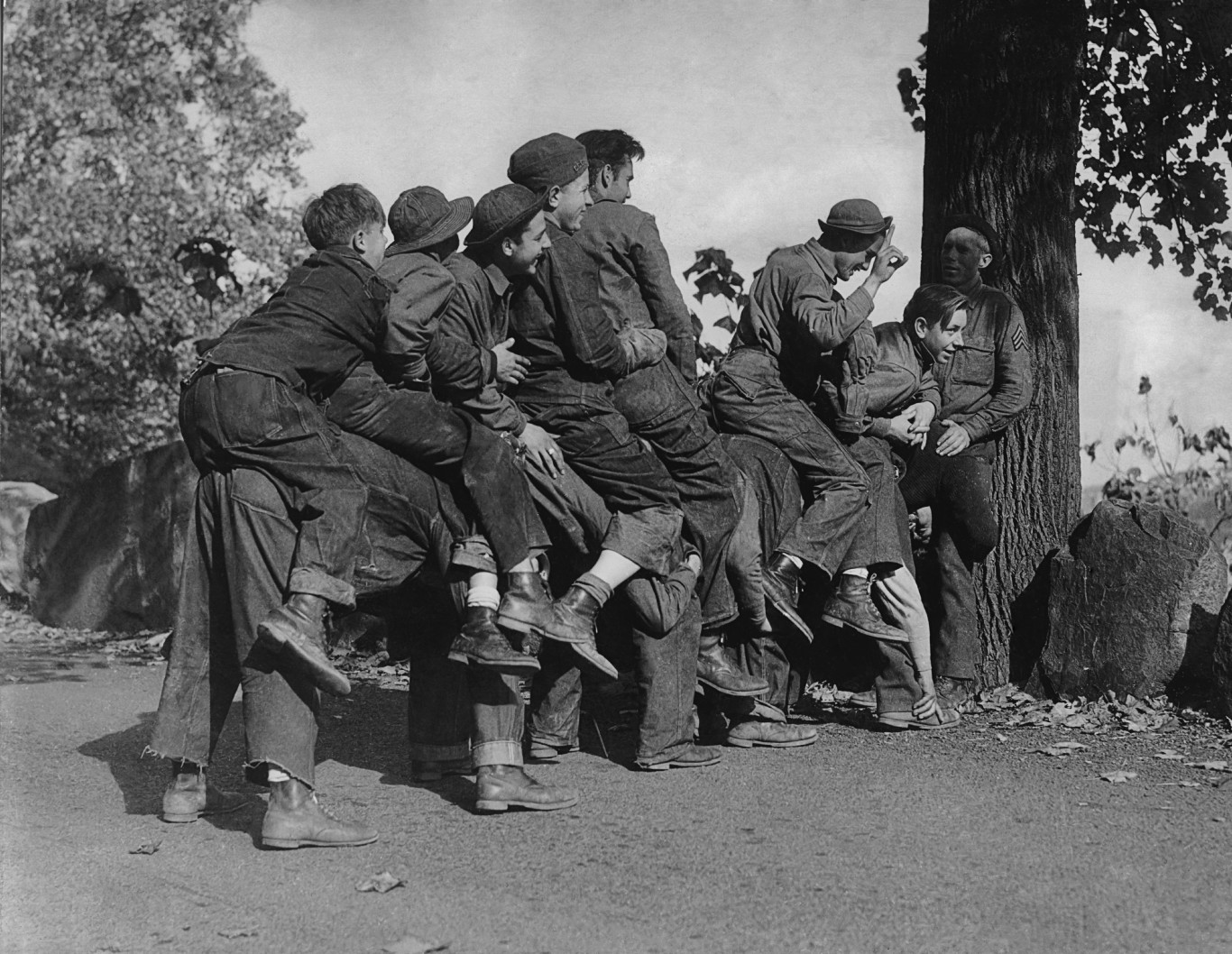Unemployment rates in two American cities are closer to the jobless rate of Greece than that of the United States. Yuma, Ariz., and El Centro, Calif., had the highest in American unemployment rates in May among the 387 metropolitan areas measured by the Bureau of Labor Statistics, 23.1% and 21.3%, respectively. These show how uneven the job market has been.
At the other end of the spectrum, Lincoln, Neb., and Ames, Iowa, had the lowest unemployment rates in May at 2.2% and 2.3%, respectively. These compare to the national rate of 5.3%. In general, the jobs market in the Plains states — which stretch from Montana and Idaho, through North and South Dakota, to Minneapolis, to Nebraska and Iowa — have been the lowest in America. In these states, unemployment is currently below 4%.
Several California cities, especially in the state’s interior valley, have unusually high jobless rates. Some have remained above 10%. Bakersfield’s was 10.0% in May. Hanford-Corcoran was 10.3%. Merced’s was 11.1%, Visalia-Porterville’s was at 11.0% and Yuba City’s at 10.1%. The area where most are located is dominated by the agricultural industry, which has been crippled by drought. A look a map of the state shows how close to one another most of these cities are.
ALSO READ: 9 Cities Running Out of Water
The comparison to several cities very nearby the hardest hit, with extremely low jobless rates, is particularly tragic. The tech industry has helped keep San Francisco’s and San Jose’s rates at 4.1%.
Nothing will change the high jobless rate of California’s interior valley. The farm economy will stay ruined because of the lack of rain. Many meteorologists claim the drought is permanent. Many of the unemployed in these cities have low-level job skills, which will make it particularly difficult for them to find work outside the region. And there are no government programs to give them substantial aid.
The national jobless rate will continue to fall toward 5%, which is the mark of a complete economic recovery. But the recovery is unusually uneven.
Credit Card Companies Are Doing Something Nuts
Credit card companies are at war. The biggest issuers are handing out free rewards and benefits to win the best customers.
It’s possible to find cards paying unlimited 1.5%, 2%, and even more today. That’s free money for qualified borrowers, and the type of thing that would be crazy to pass up. Those rewards can add up to thousands of dollars every year in free money, and include other benefits as well.
We’ve assembled some of the best credit cards for users today. Don’t miss these offers because they won’t be this good forever.
Flywheel Publishing has partnered with CardRatings for our coverage of credit card products. Flywheel Publishing and CardRatings may receive a commission from card issuers.
Thank you for reading! Have some feedback for us?
Contact the 24/7 Wall St. editorial team.




